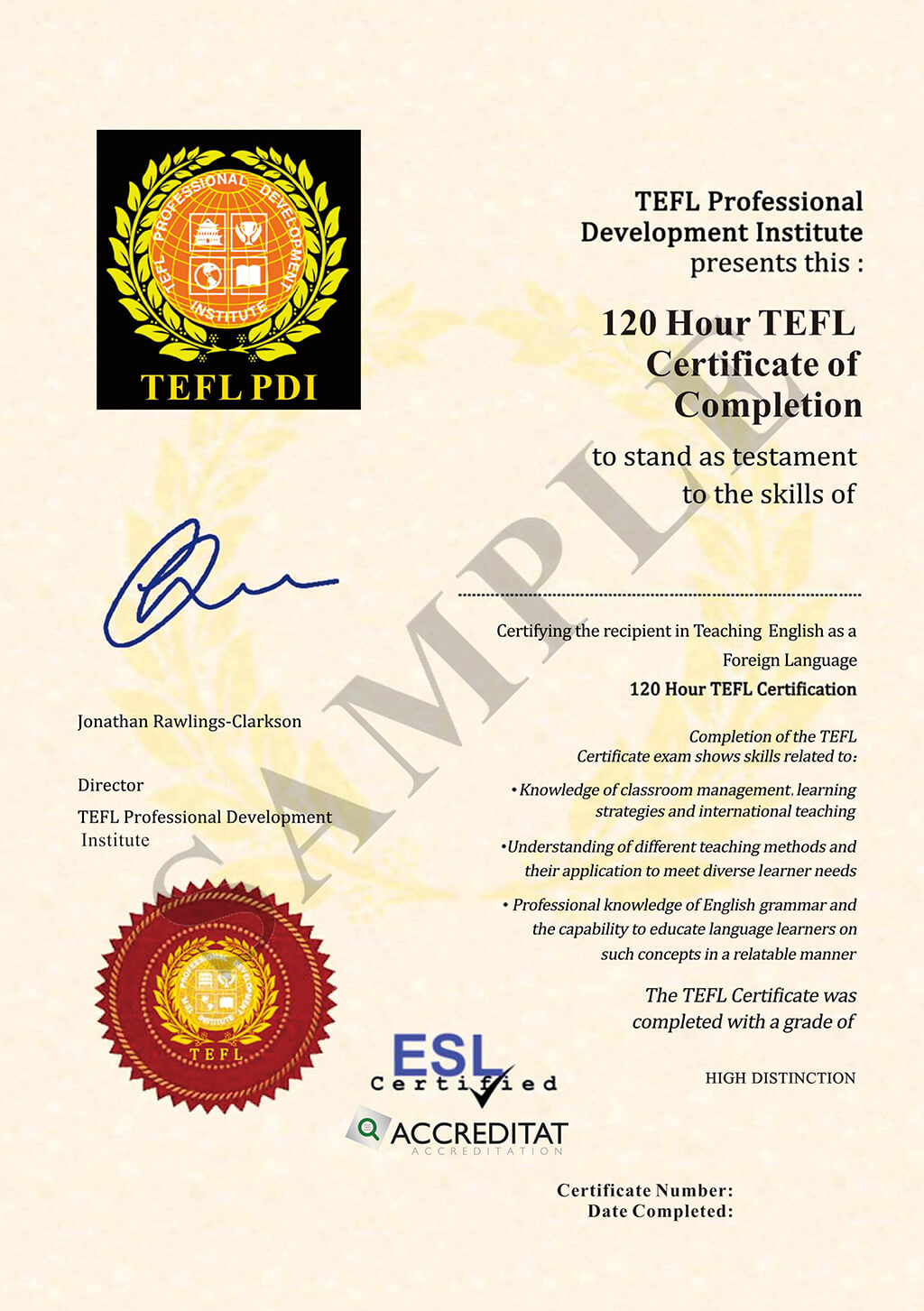Teaching English as a foreign language abroad is often seen as an enticing prospect. The idea of exploring different corners of the globe, forging new connections, or even embracing the digital nomad lifestyle through online teaching can be incredibly appealing. However, the decision to invest time and money into obtaining a TEFL certificate prompts a crucial question: Is it truly worth it in the grand scheme of things? Let’s delve into the matter further.

Understanding TEFL Certification
Before diving into the worthiness of TEFL certification, it’s essential to grasp what it entails.
TEFL, short for Teaching English as a Foreign Language, represents a certification earned upon completing a specialized course. This credential empowers individuals to teach English to non-native speakers, whether it be overseas, domestically, or through online platforms. Essentially, it equips educators to facilitate language learning for students seeking proficiency in English.
The scope of TEFL teaching is vast, spanning diverse age groups and nationalities. From instructing kindergarteners in bustling metropolises like Hong Kong to guiding university students in the heart of Germany, the opportunities are boundless.
Navigating the Path Without a Teaching Degree
One might wonder: How can someone teach English without a formal teaching degree? This is precisely where a TEFL course proves invaluable.
TEFL courses serve as comprehensive guides, laying down the foundational principles of English language instruction. Participants delve into grammar intricacies, vocabulary nuances, pronunciation subtleties, and the holistic development of language skills encompassing reading, writing, listening, and speaking. Moreover, these courses shed light on crucial aspects like lesson planning, classroom management, and effective assessment techniques.
However, not all TEFL courses are created equal. Opting for a reputable, accredited program is paramount. While shorter, cheaper alternatives may seem tempting, they often lack the recognition and depth necessary to thrive in the competitive landscape of TEFL employment.
Exploring the Versatility of TEFL Certification
Beyond the realm of traditional English teaching, a TEFL certificate opens doors to a myriad of specialized avenues. From Business English to Academic English, Hospitality English, or even Legal English, educators can tailor their expertise to cater to specific professional domains.
Moreover, with accumulated experience, TEFL-certified individuals can transition into roles such as blogging, EFL authorship, teacher training, or even leadership positions like Director of Studies. The versatility of TEFL certification ensures a dynamic career trajectory ripe with opportunities for growth and diversification.
The Intrinsic Value and Tangible Benefits
The benefits of holding a TEFL certificate extend far beyond professional opportunities. Beyond enhancing one’s CV, TEFL teachers cultivate a rich tapestry of skills and experiences.
Teaching English abroad fosters adaptability, effective communication, and a spirit of adventure. It sharpens time management, organizational prowess, and interpersonal abilities. Additionally, immersing oneself in a foreign culture provides unparalleled opportunities for personal growth and cross-cultural exchange.
Furthermore, the beauty of TEFL certification lies in its perpetual relevance. Unlike many academic degrees, TEFL certificates do not have an expiration date. Whether embarking on a short-term teaching stint or embracing TEFL as a lifelong vocation, the investment yields enduring dividends.

Verdict: Yes, TEFL Is Worth It
In conclusion, the question of whether TEFL certification is worth pursuing receives a resounding affirmation. Given its myriad benefits and timeless applicability, enrolling in a reputable TEFL course proves to be a prudent investment. Whether one’s journey in TEFL spans a brief interlude or blossoms into a lifelong passion, the experiences gained, and skills honed along the way are invaluable, shaping not only professional trajectories but also enriching lives in profound ways.


